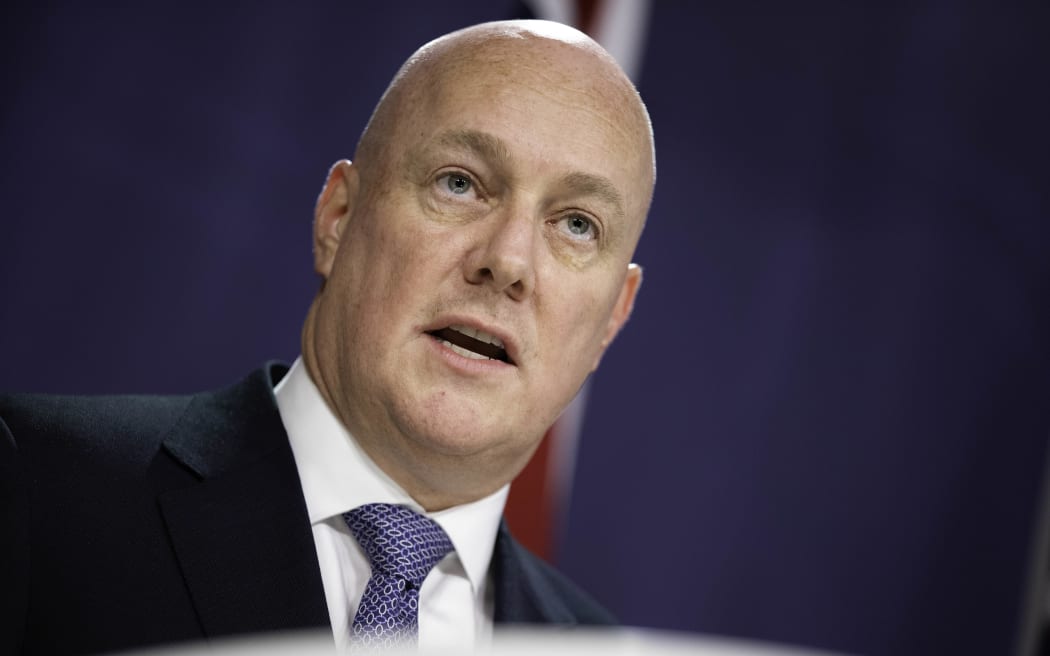With an “appalling” loss of life unfolding in Gaza, it’s essential Israel halts plans for an assault on the city of Rafah, Prime Minister Christopher Luxon says.
The government has hardened its position towards Israel’s actions in Gaza, saying air strikes on the southern city of Rafah should stop and Israel should not go ahead with any more ground operations.
At a post-Cabinet press conference yesterday, Luxon said he was extremely concerned about the 1.5 million Palestinians sheltering in Rafah right now — and that his preference was for a complete pause in hostilities.
He said Foreign Minister Winston Peters had met with Israeli ambassador Ran Yaakoby at the Beehive on Monday to pass on the government’s concerns.
The statements come as British Foreign Secretary David Cameron has also called for the fighting to stop and for a permanent sustainable ceasefire to be put in place.
New Zealand was one of 153 countries calling for the ceasefire, Luxon told RNZ Morning Report.

He said the government was extremely concerned about the loss of life for civilians as well as the threat to regional stability in the Middle East.
‘Loss of life appalling’
“The loss of life is appalling, the humanitarian situation is deteriorating, the cost of the conflict frankly is far too high.
“We want to see a pause in hostilities and that’s why we’ve said we don’t want Israel to proceed with an assault on Rafah.”
He said it was crucial to invoke the Middle East peace process which would take action from both sides — Hamas to release the remaining hostages and stop its rocket fire on Israel while the latter would need to cease its military operations and allow increased humanitarian aid for Gaza.
“What you’re hearing overnight is a concerted position from countries all around the world saying: look, we need an immediate humanitarian ceasefire. That needs to be the pathway to the permanent sustainable ceasefire we all want to see happen.”
Israel had a massive duty to protect civilians in Gaza and consider the long-term impact of its actions on the Middle East.
“That’s why we just don’t think going into Rafah, proceeding with operations there is a way forward. We want Israel to stop and think about the consequences and getting a long-term solution in place to actually get to peace.”
New Zealand had also continued to contribute humanitarian support with another $5 million donation to the International Red Cross and the World Food Programme.
This article is republished under a community partnership agreement with RNZ.
This content originally appeared on Asia Pacific Report and was authored by APR editor.